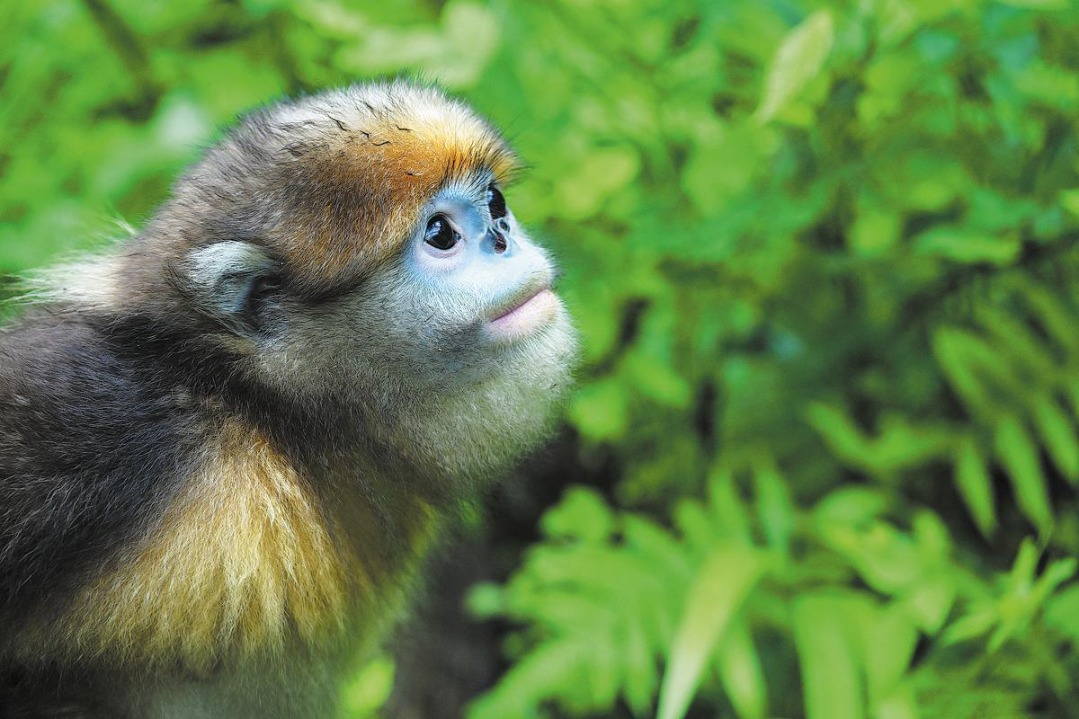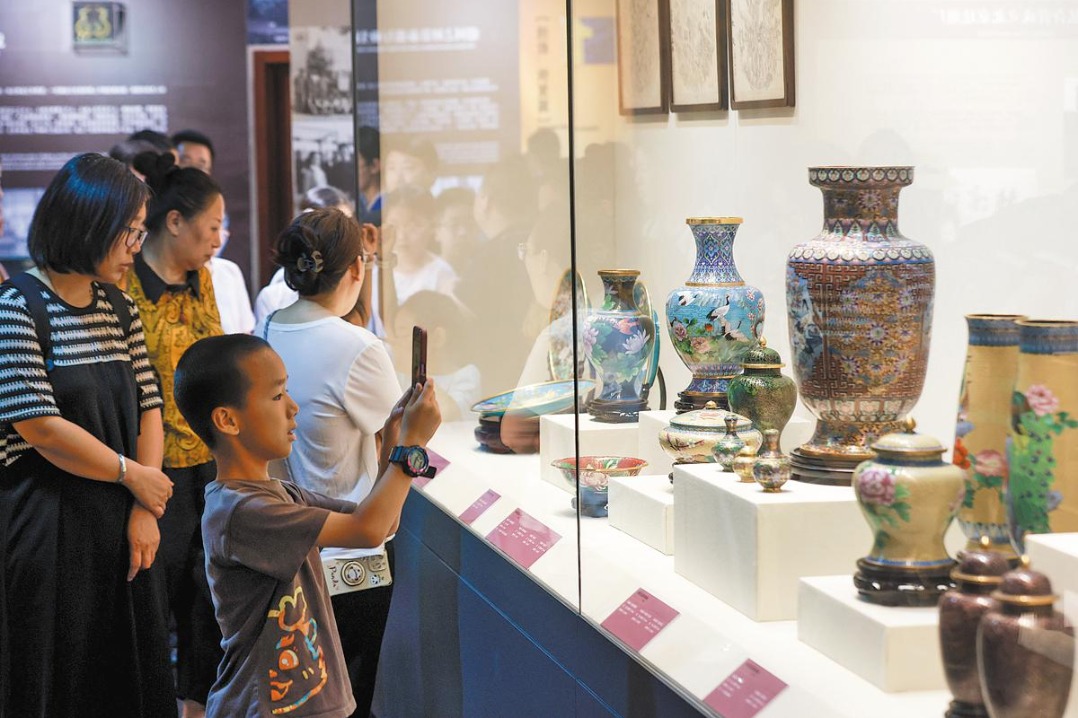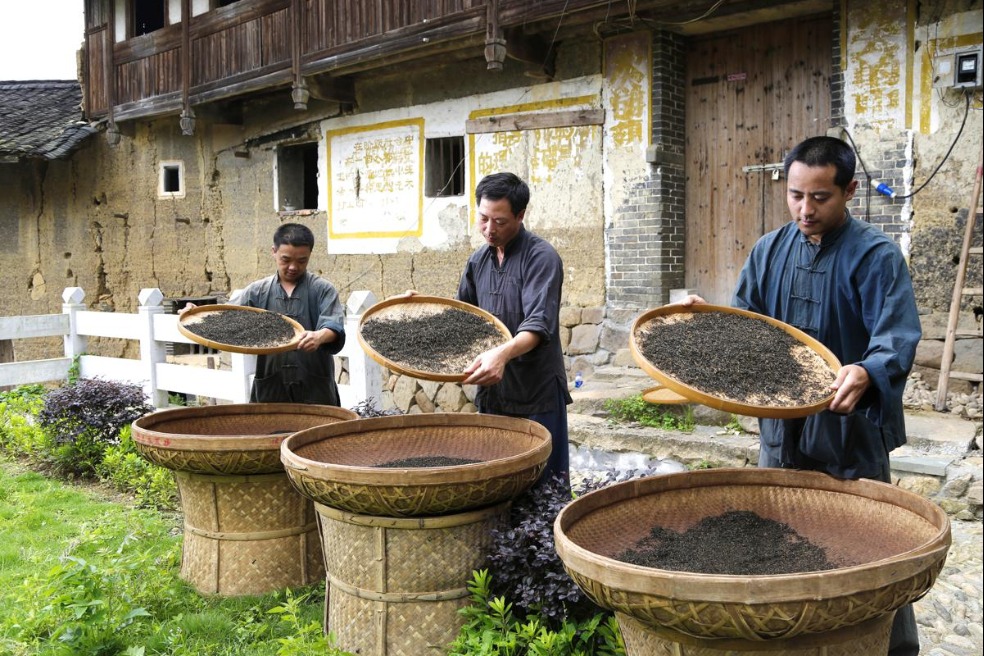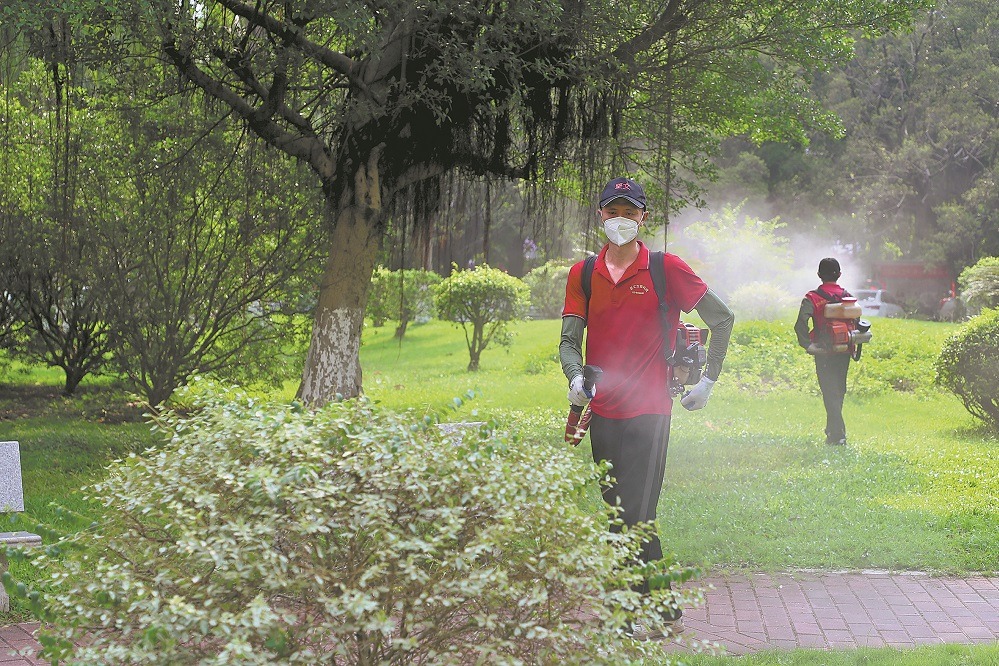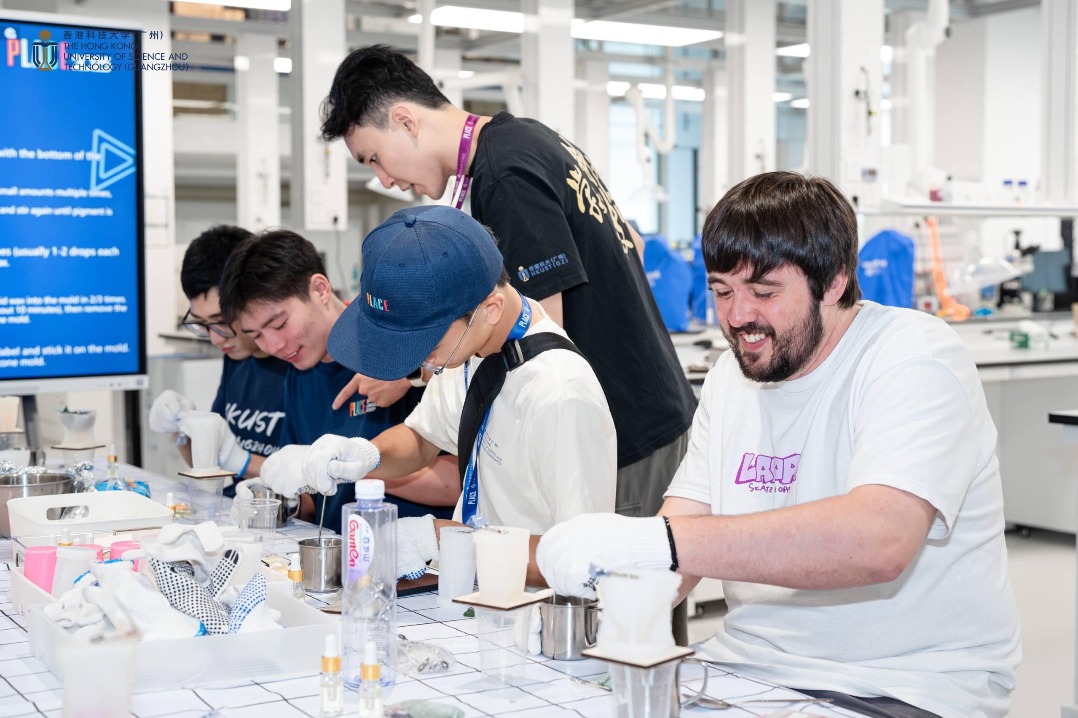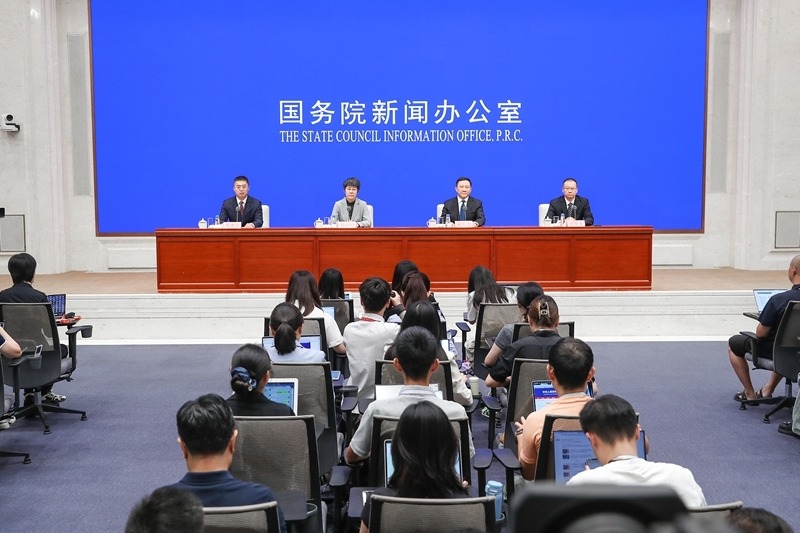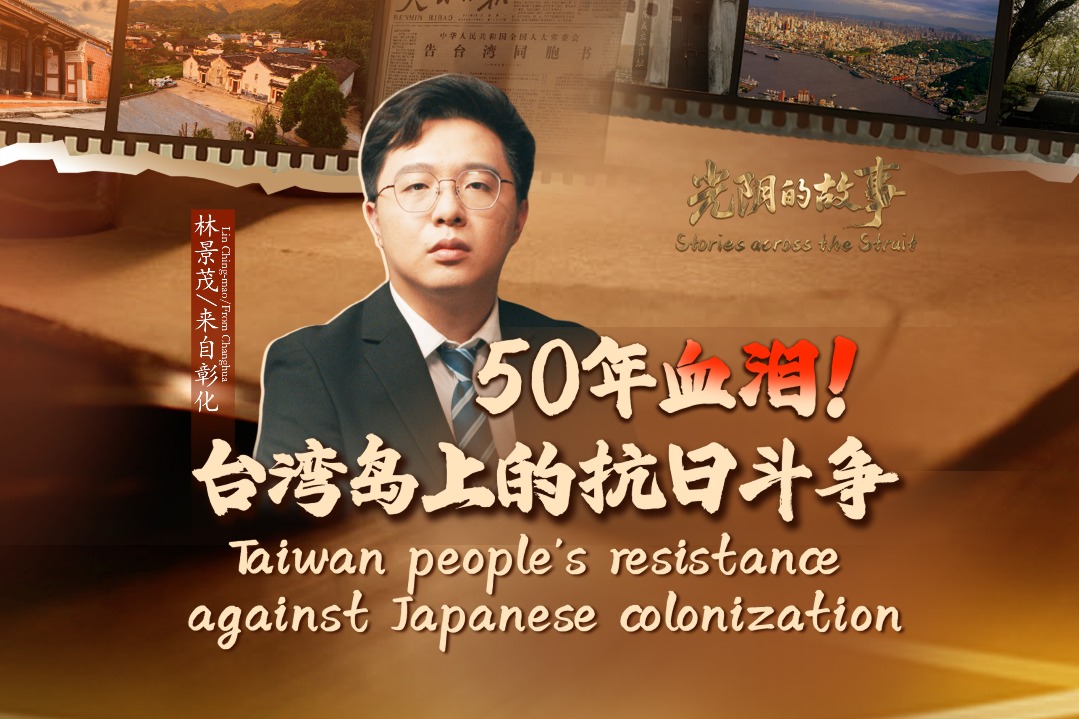Tianjin University scientists make breakthrough in human genome synthesis and transfer

Researchers from Tianjin University have synthesized a human genome fragment exceeding 1 million base pairs in length — specifically 1.14 million base pairs — and successfully transferred it into mouse cells to verify its biological function.
This milestone overcomes critical technological bottlenecks in human genome synthesis and transfer, opening new pathways for biomedicine and genetic disease treatment.
The accomplishment addresses two long-standing challenges.
First, over 50 percent of the human genome consists of complex repetitive sequences, which academician Yuan Yingjin likened to "assembling a million-piece puzzle with near-identical fragments".
Second, transferring lengthy DNA segments is exceptionally delicate; core team member Liu Yue described it as moving "a fragile artwork of glass beads prone to shattering".
The team focused on the AZFa region of the Y chromosome, where deletions cause untreatable male infertility. This segment posed extreme difficulties with over 69 percent repetitive content.
Using their novel "SynNICE" system, scientists employed a stepwise strategy: dividing sequences into over 200 fragments, assembling them hierarchically using the homologous recombination capabilities of baker's yeast and integrating components with CRISPR-Cas9.
For transfer, they pioneered yeast nuclei as protective carriers. Yuan explained: "If DNA transfer is a moon mission, yeast nuclei are the spacecraft safeguarding genetic material."
Liu Yue added that this "natural transport capsule" prevents damage by shielding synthetic DNA within intact nuclei.
The breakthrough enables direct study of gene-function-disease relationships. Peking University professor Tang Fuchou noted SynNICE could extend viability of pig-to-human organ transplants from "years to decades".
Yuan emphasized interdisciplinary collaboration with Tsinghua University and hospitals, plus adherence to WHO-endorsed Tianjin Biosecurity Guidelines.
Supported by national resources, the team is now expanding SynNICE applications to tackle more health challenges.
Zang Yifan contributed to this stroy.
- Veteran recounts rallying the public during wartime
- Livestreamer showcases Shenzhen's tech prowess
- Hainan airports to expand international flight network
- Celebrating 60 years of progress in Xizang
- Discipline body refutes claims ex-official mined crypto
- Global conference spotlights China's climate leadership
















